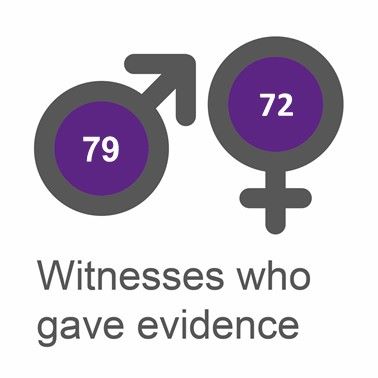Public Audit and Post-legislative Scrutiny Committee
Annual Report 2019/20
Introduction
This report covers the work of the Public Audit and Post-legislative Scrutiny Committee (the Committee) during the Parliamentary year between 12 May 2019 and 11 May 2020.
The Committee's audit work is focused on the scrutiny of reports produced by the Auditor General for Scotland. The Auditor General is responsible for scrutinising the expenditure and performance of directorates of the Scottish Government and most other public spending bodies (with the exception of local authorities). Through its scrutiny of the Auditor General’s reports, the Committee helps to ensure that public funds are spent wisely and holds to account those who are charged with spending taxpayers' money.
The Committee's remit also includes post-legislative scrutiny of Acts of the Scottish Parliament.
Membership changes
Changes to the Membership of the Committee during the reporting year are:
Anas Sarwar MSP (Acting Convener from 5 March 2020)
Neil Bibby MSP (from 5 March 2020)
Inquiries and reports
The Committee considered 19 new reports from the Auditor General, ten of which were ‘Section 22 reports’i. These reports set out issues of concern, or interest, highlighted by the Auditor General in relation to the audit of the accounts of individual public bodies. The other nine reports were ‘Section 23'ii reports which examined the economy, efficiency and effectiveness of the public sector. The Committee took oral evidence from the Auditor General and/or Audit Scotland on each report.
Section 23 reports
Social security – Implementing the devolved powers
Scotland’s colleges 2019
Scottish Public Pensions Agency – Update on management of PS project
NHS workforce planning - Part 2: The clinical workforce in general practice
Scotland’s City Region and Growth Deals
Privately financed infrastructure investment: The Non-Profit Distributing (NPD) and hub models
NHS in Scotland 2019
Finances of Scottish Universities
Enabling digital government
Section 22 reports
The 2018/19 audit of the Scottish Prison Service
The 2018/19 audit of the Scottish Government Consolidated accounts
The 2018/19 audit of Social Security Scotland
The 2018.19 audit of NHS Highland
The 2018/19 audit of NHS Tayside
The 2018/19 audit of the Scottish Police Authority
The 2018/19 audit of Bord na Gaidhlig: Governance and transparency
The 2018/19 audit of NHS Lothian – Delay to the opening of the Royal Hospital for Children and Young People
The 2018/19 audit of Disclosure Scotland
The 2018/19 audit of Highlands and Islands Enterprise: Cairngorm mountain and funicular railway
Post-legislative Scrutiny
The Freedom of Information (Scotland) Act 2003
Control of Dogs (Scotland) Act 2010
Committee reports
The Committee published five reports in the current year:
Publication of the Committee’s report on Post-legislative scrutiny: Freedom of Information (Scotland) Act 2002 was delayed until 19 May 2020 due to the Covid-19 pandemic.
Covid-19
The Covid-19 pandemic has understandably impacted on the work of all parliamentary committees. The Committee held sessions with the Auditor General in March1 and then in May2 to explore the implications of Covid-19 on the work of Audit Scotland and, as a consequence, the work of the Committee. Following the session in May, the Committee agreed to take evidence from the Permanent Secretary of the Scottish Government on the governance and assurance framework in place for managing the Scottish Government’s response to Covid-19. That session is due to take place in June.
While several evidence sessions on audit reports were postponed at the outset of the pandemic due to social distancing requirements, the Committee has continued to monitor its approach to its audit scrutiny and, where possible, is carrying forward this work by other means, while recognising the significant pressures on public services.
Audit work
The Committee holds public bodies to account through robust and in-depth scrutiny, shining a spotlight on the concerns identified in audit reports and seeking to establish why things have gone wrong, whether the organisation will be acting on the Auditor General’s recommendations and how it will ensure that lessons are learned. The Committee works closely with other committees to ensure that its scrutiny adds value. In the reports that it publishes, the Committee makes recommendations for improvements, drawing from its experience of scrutinising audits from across the public sector.
Over the last year, the Committee has focused increasingly on the key themes arising from the audit reports that it scrutinises many of which reflect the underlying problems and challenges faced by the whole public sector (see below). By drawing attention to these themes and the need to address the underlying pressures, the Committee is seeking to bring about improvements in public services. As part of its contribution to this broader debate, the Committee agreed to hold round table evidence sessions to hear from key stakeholders on each of the key themes identified in its report.
As will be noted from the below, the Committee’s audit scrutiny has been directly impacted by the Covid-19 pandemic, in particular, its scrutiny of audits on the Scottish Government Consolidated Accounts, Bòrd na Gàidhlig, NHS Highland and the Scottish Police Authority and the Scottish Government’s response to the Committee’s report on the audit of the Scottish Prison Service. The Committee intends to pursue its scrutiny of these audits in the forthcoming year or, in the case of the Scottish Government Consolidated Accounts, in connection with the next section 22 report.
Key audit themes
The Committee has become increasingly frustrated that issues highlighted in audit reports by the Auditor General reappear in subsequent reports. The recurrence of the same issues is not limited to the audits of individual bodies or projects, however. The Committee continues to see the same themes arising in audit reports across the public sector. In September 2019, the Committee published its report, Key audit themes, which reviewed the audit reports that it had considered since the beginning of the session and highlighted the key themes that continued to arise in its audit scrutiny: governance and accountability; managing ICT projects, leadership and workforce capacity and data collection and outcomes. The Committee’s report called for a wide-ranging debate across the public sector on the key themes, to be led by the Scottish Government. The Committee’s report was widely covered in the media.
A selection of the audit reports that the Committee has scrutinised over the last year are highlighted below. Full details of the Committee’s work on each report is available on the Committee’s website. While the key themes continued to feature in the audits that the Committee considered, the first of the reports discussed below described multiple pressures.
The 2018/19 audit of the Scottish Prison Service
This Section 22 report highlighted the challenges of Scotland’s overcrowded prisons with rising costs and a decreased budget. The report also highlighted stress-related staff sickness, an ageing prison estate, rising numbers of staff assaults and an increase in staff payments for staff working longer hours. The Committee held a wide-ranging evidence session with union representatives, the two private prisons and HM Inspectorate of Prisons for Scotland1 before hearing from the Scottish Prison Service (SPS) and the Scottish Government2. The Committee’s subsequent report3, which was widely reported in the media, emphasised that urgent action was required by both the SPS and the Scottish Government to address the underlying pressures that the prison service was experiencing based on a whole-system approach.
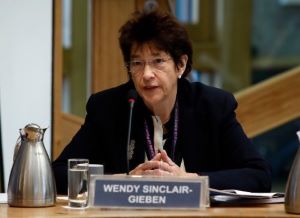

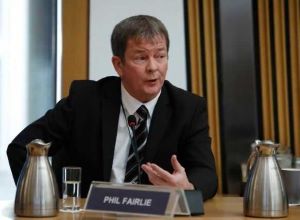
Governance and accountability
Issues around governance and accountability continued to be highlighted in audit reports considered by the Committee last year, including:
The 2018/19 audit of the Scottish Police Authority
This Section 22 report highlighted that greater clarity was required around the finances and core functions of the Scottish Police Authority (SPA). In her evidence to the Committee, the Auditor General called for a review of the way in which the system of police governance and accountability as a whole was operating.1 The Committee subsequently took evidence on the need for such a review from the former Chair, current Vice Chair and Interim Chief Executive of the SPA, the Chief Constable of Police Scotland and the Scottish Government. 2During the evidence session, the Scottish Government advised that a round table session was to be convened by the Cabinet Secretary for Justice which would bring together all the parties that are involved in policing to discuss governance and accountability arrangements. Following the meeting, the Committee wrote to the Cabinet Secretary emphasising its support for a wholesale comprehensive review of policing governance arrangements and seeking further details about the Scottish Government’s action to take this forward.3 The Committee will continue to pursue this issue in the forthcoming year.
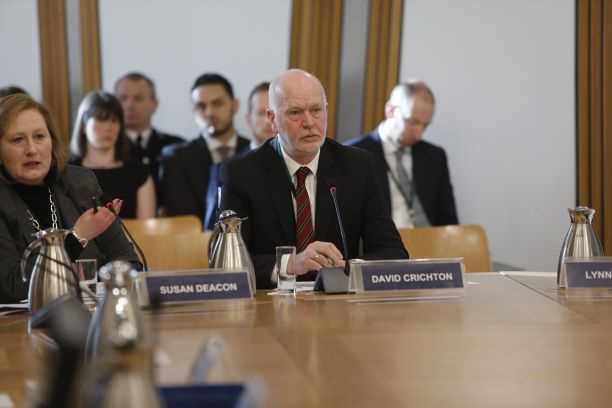
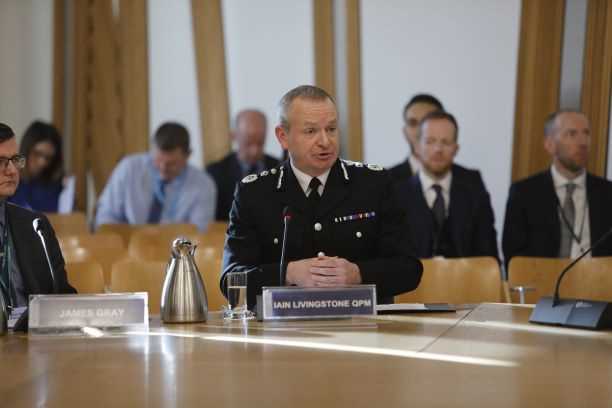
The 2018/19 audit of Bòrd na Gàidhlig: Governance and transparency
The Section 22 report highlighted serious concerns relating to the governance and transparency of Bòrd na Gàidhlig including “ineffective leadership, inadequate workforce planning, a lack of clarity over roles and responsibilities and poor relationships and organisational culture.”1 In the subsequent evidence session with the Auditor General and the auditor, Deloitte LLP, the auditor indicated that he could “not think of another report that has raised such serious issues during my time in this role.”2
While an evidence session planned for April 2020 with Bòrd na Gàidhlig and the Scottish Government was postponed due to the Covid-19 pandemic, the Committee will be taking forward its scrutiny on this audit in the forthcoming year.
The 2018/19 audit of the Scottish Government Consolidated accounts
The Section 22 report made a series of recommendations to the Scottish Government including recommending that it develop a framework outlining its approach to financial interventions in private companies; prepare a performance report that clearly links to the financial resources outlined in the Consolidated Accounts; that there was greater transparency around the Scottish Government's own performance towards meeting its strategic objectives and that it ensure that its Audit and Assurance Committee provides greater scrutiny and challenge. The Committee wrote to the Scottish Government seeking its response to the recommendations.1 A subsequent evidence session with the Permanent Secretary was postponed due to the Covid-19 pandemic. The Committee will continue to pursue these issues in the next report.
The 2018/19 audit of Social Security Scotland
A key message of the Section 22 report was that, while Social Security Scotland had established core processes for managing error and fraud, there was much more to be done. In her evidence to the Committee, the Auditor General noted that error and fraud is inherent in a social security system and that any system had to balance people’s ability to access the money that they are entitled to with protecting public money.1 The Committee wrote to Social Security Scotland seeking detailed information about its error and fraud processes. 2
Managing major ICT projects and structural change
The management of ICT projects continued to feature in the audit reports that the Committee considered last year, key issues being the lack of IT skills and the support and oversight provided by the Scottish Government.
Enabling digital government
This Section 23 report published in June 2019 examined the Scottish Government’s progress in delivering its digital strategy and enabling digital government. While the report noted that the technical assurance framework and the support offered by the digital transformation division were adding value, it indicated that the Government did not have the capacity to share lessons learned or evaluate fully which services were adding the most value in the short term and the longer term. The report further noted that major digital programmes across the public sector were putting pressure on the system and that the shortage of digital skills remained a barrier to progress.
The shortage of IT skills and the importance of Government support and oversight were highlighted in two Section 22 reports considered by the Committee.
Scottish Public Pensions Agency - Update on management of PS project
The Section 23 report on the Scottish Public Pensions Agency (SPPA) followed up the issues raised in a section 22 report on the 2017/18 audit of the SPPA. The report stated that an SPPA IT project that had run into difficulties had cost £8.7 million and set back its planning significantly.
A plan to integrate the SPPA’s pension administration and payment operations faltered when the chosen supplier, Capita, was not able to provide a working system. The report indicated that the SPPA did not apply enough scrutiny to Capita's bid, which was abnormally low, and set an unrealistic timetable for the project. The Committee took evidence initially from the SPPA and Scottish Government in September 20191, but was dissatisfied with the lack of clarification it received. It therefore held a follow up evidence session with the Permanent Secretary in December 20192 to establish why the project had failed in order that lessons could be learned. The Committee has agreed to report on the issues arising in this audit, as part of a broader piece of work on the management of ICT projects.
The 2018/19 audit of Disclosure Scotland
This Section 22 report indicated that a major ICT project at Disclosure Scotland was delivered 18 months late and was more than twice the original budget. The report noted that over-optimistic assumptions were compounded by a lack of financial reporting and governance. The Committee took evidence from Disclosure Scotland and the Scottish Government in March 2020. 1That evidence session raised concerns about the implementation of the digital aspects of the Disclosure (Scotland) Bill currently proceeding though the Parliament. The Committee therefore wrote to the Education and Skills Committee2, which was leading on the Bill, to highlight its concerns. The Committee also wrote to the Scottish Government seeking information about the specific lessons that had been learned from the management of this project.3 The Committee will be reporting on this audit as part of a broader piece of work on the management of ICT projects.
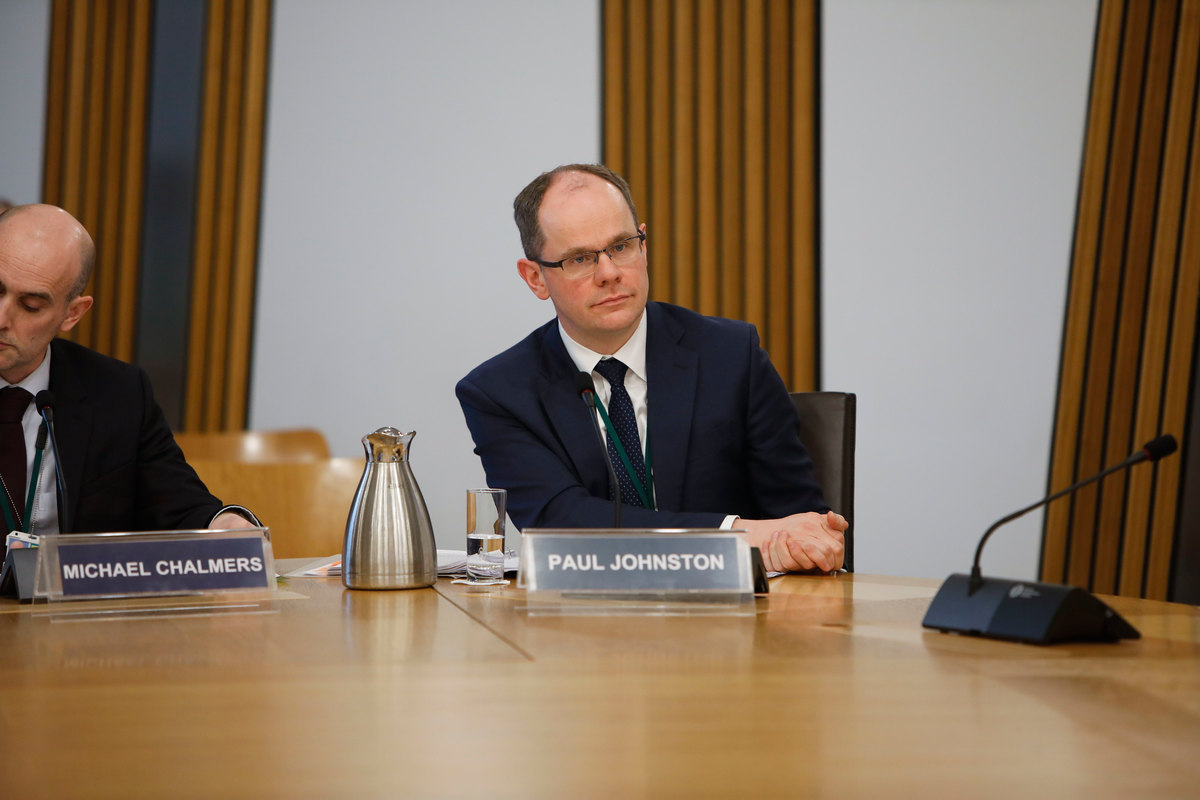
Social security - Implementing the devolved powers
This Section 23 report stated that the Scottish Government had done well delivering the first set of devolved benefits but that the real challenge was yet to come given the complexity of the next set of benefits. The Committee took evidence from Social Security Scotland and from the Scottish Government in September 2019 and, following that evidence session, wrote to the Social Security Committee to highlight the key issues arising from its scrutiny, including programme planning; total implementation costs and workforce issues.1 The Committee has continued to scrutinise the capacity and deliverability of the ICT components of the programme. The Committee will return to these issues when the Auditor General next reports.
Leadership and workforce capacity
Leadership and workforce capacity issues have been common themes in a number of the audit reports that the Committee considered last year, particularly in reports relating to the NHS. All reports were considered prior to the Covid-19 pandemic.
NHS in Scotland 2019
This Section 23 report indicated that the health service continues to face growing pressures from a population that is living longer. The report noted that, while more people were seen and treated on time in the last year and that patient safety had improved, just two out of eight key waiting time standards were met as staff struggled to meet rising demand for care. The report stated that reforming health and social care also meant that changes to the NHS workforce were required and that, to support this, the Scottish Government needed a national, integrated, health and social care workforce plan. The report further noted that there had been a significant turnover in senior leadership positions across the NHS in Scotland, with 26 new appointments in 2018/19.
NHS workforce planning - Part 2: The clinical workforce in general practice
Workforce issues in primary care featured in the second of Audit Scotland’s report on NHS workforce planning.
The Section 23 report stated that the Scottish Government was facing a significant challenge to increase the amount of people working in GP practices. The report noted that expanding the GP workforce was key to moving care into the community but that an ageing workforce and issues around recruitment and retention would make it difficult for the government to meet its target. After taking evidence from the Auditor General in September 2019, the Committee wrote to the Convener of the Health and Sport Committee (HSC) highlighting the concerns arising from its scrutiny of the report, in light of the HSC’s ongoing inquiry into the future of primary care.1
The 2018/19 audit of NHS Highland
This Section 22 report highlighted that urgent long-term changes were required to services given the board’s long-standing problems and track record addressing these issues. The report noted that the board faced a range of long-standing issues, including: considerable overspends on drugs and adult social care; a rising locum staffing bill; significant organisational and leadership changes, continuing difficulties recruiting staff and incidents of bullying. A planned oral evidence session with NHS Highland and the Scottish Government in April 2020 was postponed due to the Covid-19 pandemic.
The 2018/19 audit of NHS Tayside
In May 2019, the Committee published a detailed report on the issues arising from its scrutiny of the 2016/17 and 2017/18 audits of the NHS Tayside. The Section 22 report of the 2018/19 audit highlighted improvements in financial management and governance but indicated that the board still faced financial and operational challenges, with significant overspends and concerns about the provision of mental health services. The report that stable leadership would be key to delivering the board’s transformation plan.
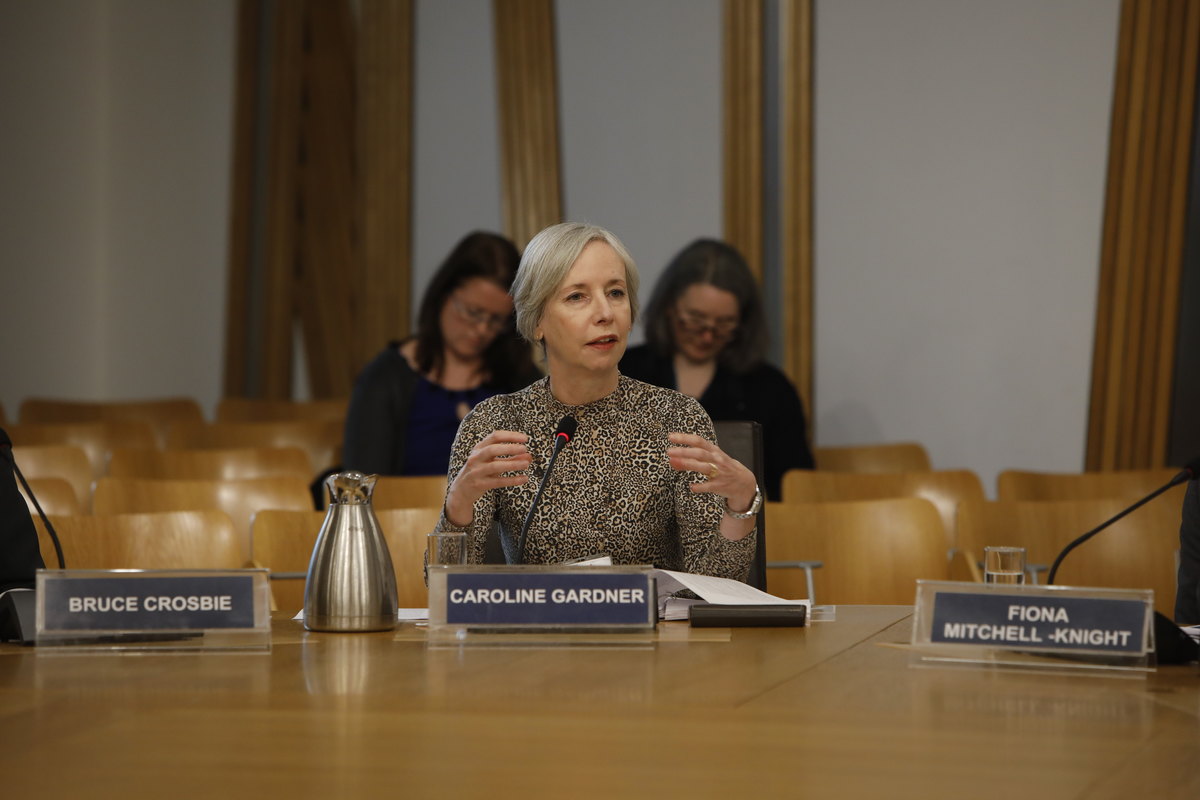
Roundtable on NHS Leadership
On 5 March 2020, the Committee held a round table session on leadership in the NHS. The session brought together leaders and former leaders from the health and social care sectors to discuss what needed to change to make the NHS sustainable in the long term.1
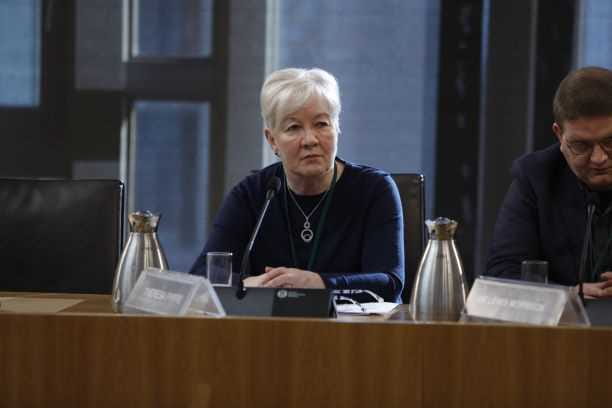
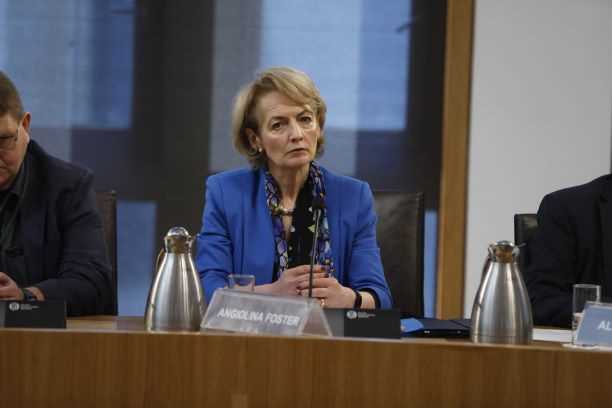
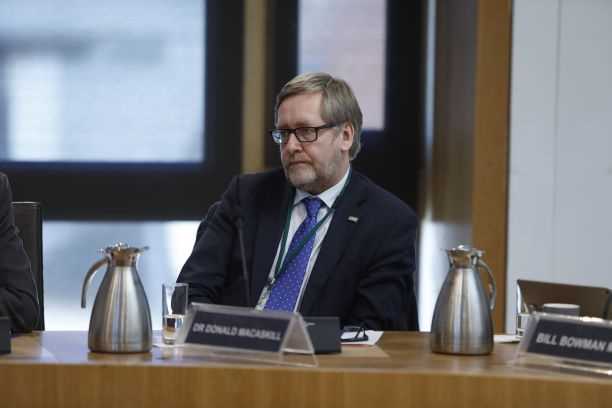
Other work
Public Audit Committee Network Event
The Committee hosted a one-day event which brought Members, clerks and audit colleagues from parliaments, assemblies and auditing bodies across the United Kingdom, Isle of Man, Guernsey and Jersey to the Scottish Parliament to share and exchange knowledge and best working practice.
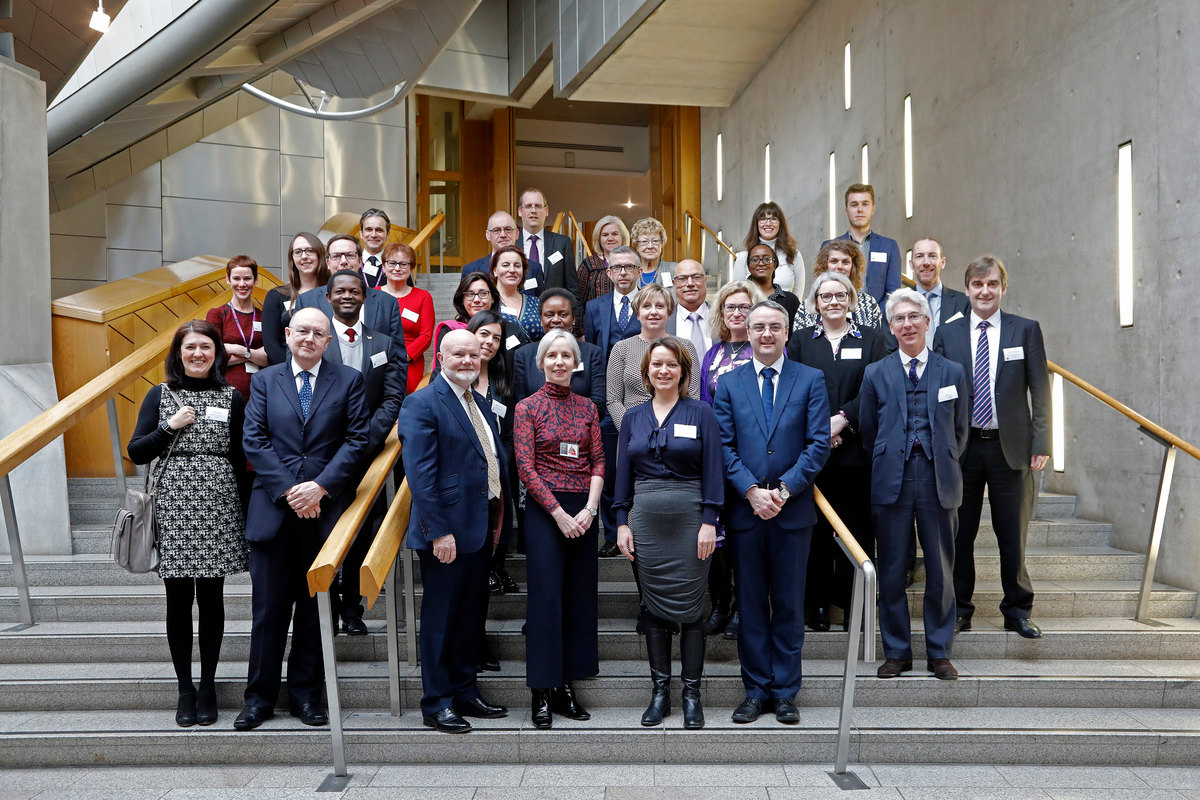
Post-legislative Scrutiny
The Committee has continued to develop and progress its post-legislative scrutiny work programme.
Control of Dogs (Scotland) Act 2010
Following an extensive inquiry into the effectiveness of the Control of Dogs (Scotland) Act 2010 (the 2010 Act) detailed in last year’s annual report, the Committee published its report on 18 July 2019, which was extensively covered in the media. The Committee concluded that current dog control law was not fit for its purpose and called on the Scottish Government to undertake a comprehensive review of all dog control legislation as a matter of urgency. The report identified a range of issues that should be addressed as part of that review. In its response to the report, the Scottish Government committed to undertaking a review of dog control law, comprising an initial consultation focused on improving the operational effectiveness of the 2010 Act to aid enforcement agencies and a future review of wider dog control law in 2020 which would look at how the Dangerous Dogs Act 1991 operates and other associated dog control legislation. The Committee agreed to follow up its recommendations with the Scottish Government and to scrutinise the results and actions in connection with the two reviews in 2020.
Freedom of Information (Scotland) Act 2002
The Committee issued a call for views on 6 of March 2019 to examine the impact and effectiveness of the Freedom of Information (Scotland) Act 2002. The Committee subsequently took oral evidence over five sessions, including from FOI campaigners, journalists, legal experts, academics, public sector bodies, the Scottish Information Commissioner and the Minister for Veterans and Parliamentary Business. Witnesses identified a range of issues concerning both the implementation of the Act and weaknesses in its provisions. While there was general consensus that the Act had improved openness and transparency across the public sector, witnesses considered that the Act needed to be updated to reflect public service delivery, use of social media and the way in which members of the public access information. The Committee agreed a report on its findings and recommendations, but publication was delayed due the Covid-19 pandemic.
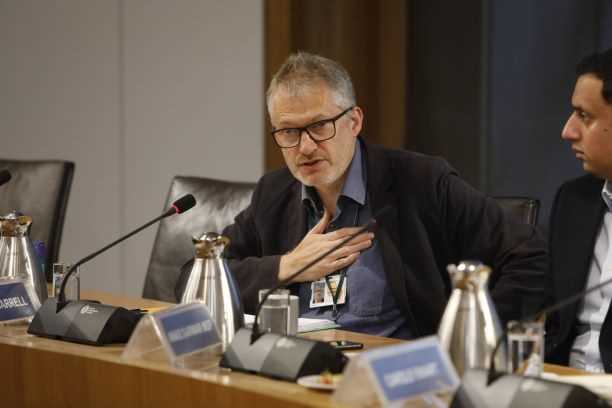
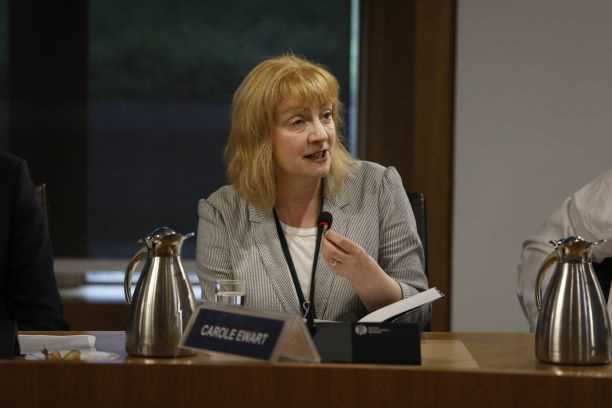
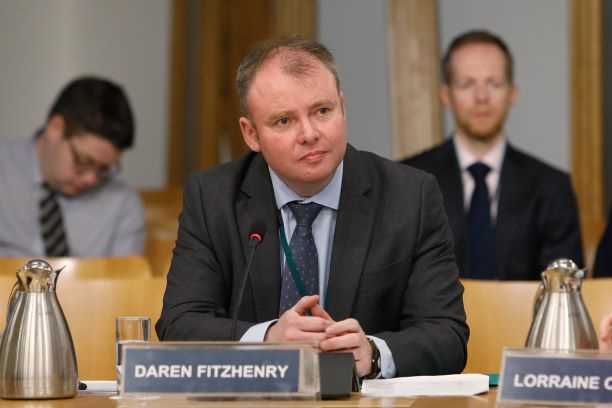
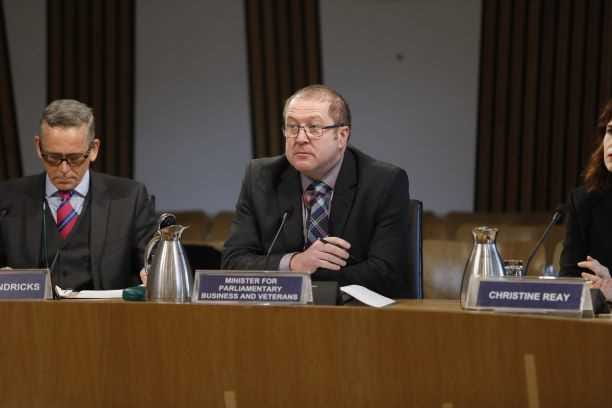
Meetings, witnesses, and reports
The Committee met 27 times in the Parliamentary year, with all meetings held at the Scottish Parliament. All meetings were held partly in public and partly in private except one, which was held on the 20 June 2019 and wholly in private. The purpose of the majority of private items was to consider the evidence heard, the Committee's future approach to specific reports from the Auditor General, to consider the Committee's work programme or in the case of the meeting on the 20 June 2019, to consider two draft reports.
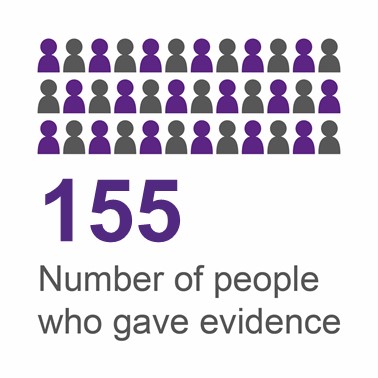
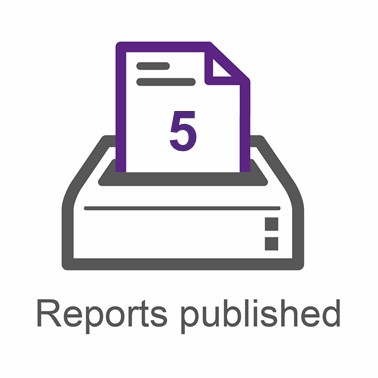
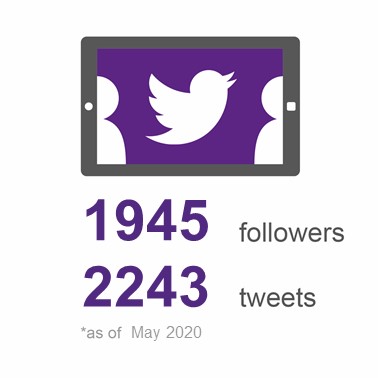
Equalities
Audit Scotland continues to build diversity and equality into its national performance audits, with its Audit Management Framework requiring it to consider any potential equalities issues at the scoping stage of performance audits. The Committee continues to mainstream equalities throughout its post-legislative scrutiny work.
